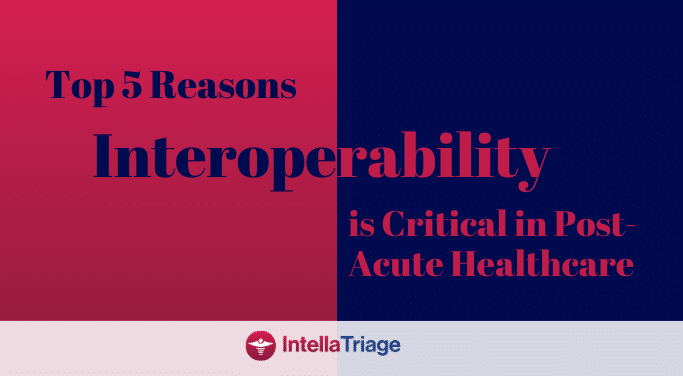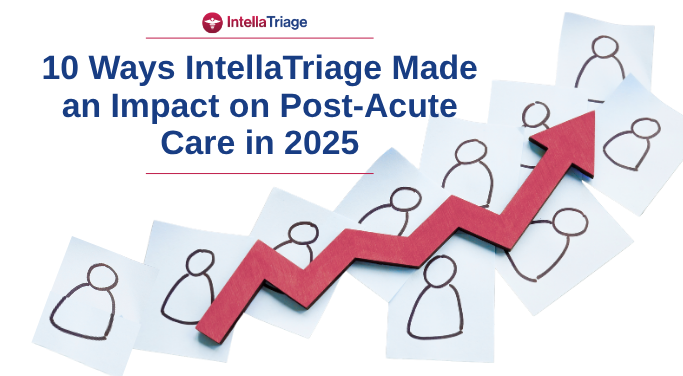In a recent milestone, IntellaTriage and CommonSpirit Health at Home (CSHaH) announced a significant integration between IntellaTriage’s IntellaHub and CSHaH’s electronic medical records system, Homecare Homebase. This partnership underscores the importance of interoperability in healthcare, particularly in post-acute settings like hospice and home healthcare. Here are the top five reasons why interoperability is essential in this domain:
1. Enhanced Patient Care
Interoperability ensures seamless communication between different healthcare systems, crucial for delivering high-quality patient care. Integrating IntellaHub and Homecare Homebase, for instance, allows for real-time data exchange, enabling hospice and home healthcare providers and outsourced triage nurses to access up-to-date patient information. This leads to more informed decision-making and timely interventions, ultimately improving patient outcomes. For example, CommonSpirit Health at Home has already seen significant improvements in patient care metrics since partnering with IntellaTriage, highlighting the direct benefits of seamless information flow.
2. Improved Workflow Efficiency
One of the primary challenges in post-acute healthcare is the inefficiency caused by disparate systems. Interoperability reduces the need for manual data entry and reconciliation, which are time-consuming and error-prone tasks. IntellaTriage and CSHaH have streamlined their operations by integrating their systems, allowing healthcare professionals to focus more on patient care rather than administrative tasks. This integration eliminates redundancies and enhances the efficiency of both daytime and after-hours care, benefiting both patients and caregivers.
3. Better Care Coordination
Effective care coordination is vital in post-acute healthcare, where patients often receive services from multiple providers. Interoperability facilitates better coordination among various healthcare teams by ensuring that everyone has access to the same information. The integration between IntellaHub and Homecare Homebase exemplifies how sharing data across platforms can improve communication between field nurses, triage teams, and other caregivers. This leads to a more cohesive approach to patient care, reducing the risk of errors and ensuring continuity of care.
4. Reduced Nurse Burnout
Nurse burnout is a significant issue in healthcare, particularly in high-stress environments like hospice and home health. Interoperability can play a crucial role in alleviating this problem by simplifying workflows and reducing the burden of administrative tasks. IntellaTriage’s integration with CSHaH’s system means that nurses can access patient information more efficiently and provide appropriate, timely care. This reduces the stress of managing disparate systems and allows nurses to spend more time on patient care, improving job satisfaction and retention.
5. Enhanced Security and Compliance
Healthcare data security is paramount, and interoperability helps ensure data is securely shared across platforms. The integration between IntellaTriage and CSHaH includes advanced security measures to protect patient information. This not only complies with regulatory requirements but also builds trust with patients who are increasingly concerned about data privacy. By prioritizing secure data exchange, healthcare providers can enhance their reputation and ensure compliance with healthcare standards.
Conclusion
The deepened partnership between IntellaTriage and CommonSpirit Health at Home, marked by the integration of their respective systems, highlights the transformative power of interoperability in post-acute healthcare. From enhancing patient care to improving workflow efficiency and reducing nurse burnout, the benefits are clear and far-reaching. As healthcare continues to evolve, the emphasis on interoperability will only grow, paving the way for a more connected and efficient healthcare system that puts patient needs at the forefront.
Contact Us for a Consultation
Ready to optimize your triage process? Reach out to us today for a consultation tailored to your needs. Let’s elevate your patient care together.
More From The Blog
Post-acute care has been shaped these past years by by workforce shortages, evolving regulatory and payment models, and growing expectations around patient experience. Provider organizations now face a critical inflection point. The decisions leaders make in the next 12 months will materially affect quality care, organizational growth, staff experience, and financial stability for years to [...]
Post-acute triage call volumes continue to rise across hospice and home health, driven by higher census, caregiver anxiety, increased acuity at home, and symptom flare-ups. Field nurses are stretched thin, documentation requirements increase regularly, and families expect and deserve immediate clinical guidance, not voicemail. The confluence of these factors mean agencies are paying closer attention [...]
In 2025, post-acute care entered a new era of accountability and transformation. Hospice and home health providers faced the rollout of new quality measures, mounting documentation demands, and continued pressure from shrinking margins and workforce shortages. Families expected faster access and more compassionate communication, while clinicians needed real relief from after-hours strain. At the same [...]









